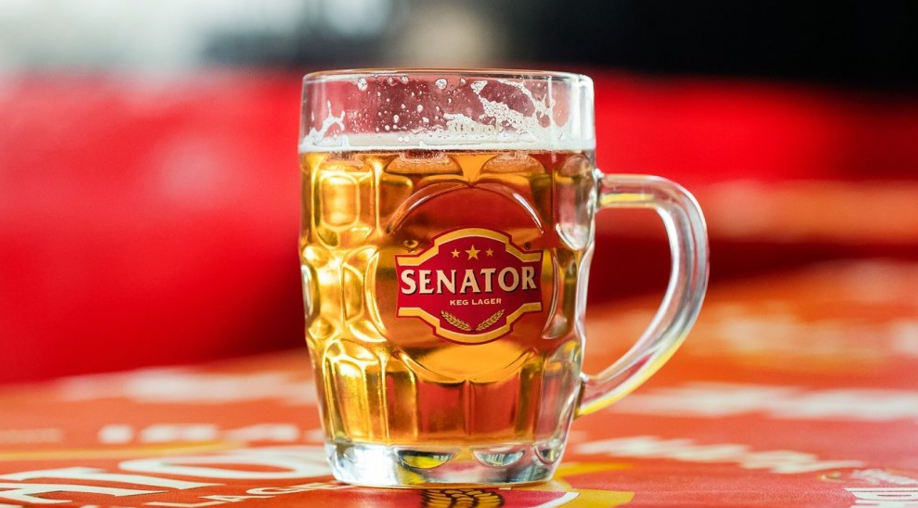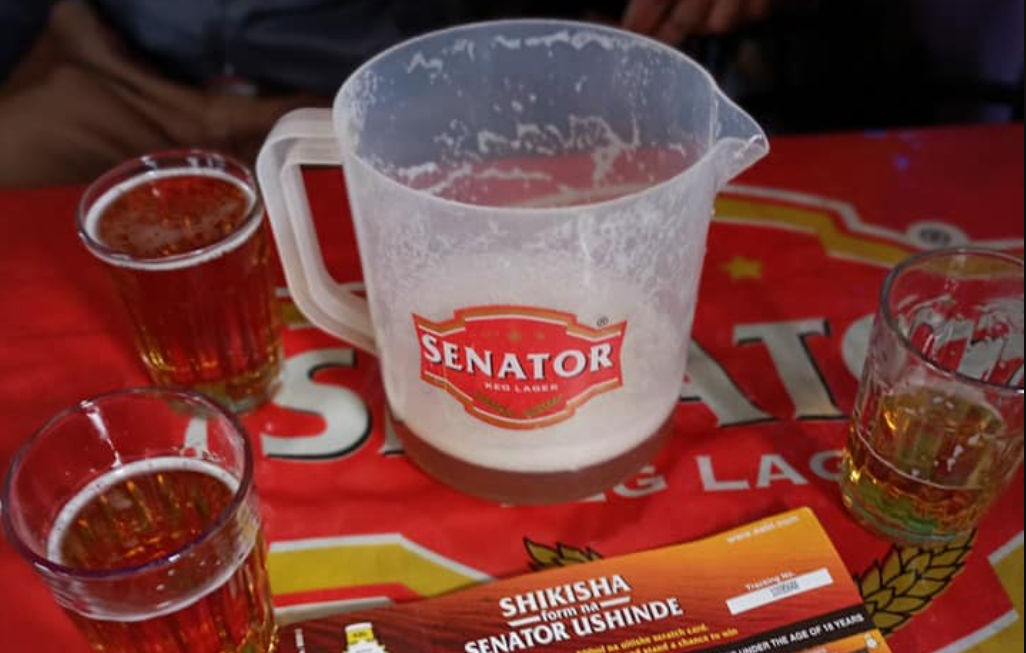Think about how many people are drinking right now…in clubs (some clubs are open now!), in local bars, which are the worst, and in liquor stores christened wines and spirits shops, where it is still unclear whether you should drink while standing or take it with you.
Starting a bar or pub business in Kenya is a lucrative venture, first, because of the market in that one in every 8 Kenyans aged 15 – 65 years (3,199,119) reported that they drink alcohol according to the 2022 Status of Drugs and Substance Use in Kenya report by the National Authority for the Campaign Against Alcohol and Drug Abuse (NACADA).
Where can you set up a bar in Kenya?
Finding whoever will buy your alcoholic beverages shouldn’t be a task whenever you want to enter the liquor business. Look out for populous locations like shopping centers, marketplaces, towns, and cities because friends often meet there, and people know people and spend time around these places.
Because alcohol must not be sold to those under 18, starting your bar business near higher learning institutions can be the perfect decision you can ever make as students, especially of public universities, are internally known to be heavy drinkers and regularly meet ‘when classes are not there’ times at drinking places around their campuses.
What to do to be successful…
Owning a go-to bar in the hood looks more like a blessing when the major part of it relies on the decisions you make concerning location, the bar environment, the alcohol brands you are selling and their price points, and many more bar business concepts that involve careful planning and efficient execution.
Choosing the right location means a place that is accessible and not too far from where the target market operates or the ‘catchment area,’ especially a place where it is within walking distance. It should always be a secure place during the day and at night because drinkers want to get home safely without worry of losing their valuables, life, or both after getting their ethanol treatment.
The bar interior is also important – if you want to boost its performance and your sales by attracting more consumers. Set it up with the best layout design that is both impressive and expressive to create a sophisticated but intimate bar space. Do not forget to play music.
>> Peter Burugu: Meet The Beer Billionaire Supplying Nairobi’s Drinkers
Deciding on the type of alcohol brands you will sell typically comes after understanding your customers. If you have opened a pub close to colleges and universities, selling Senator beer or ‘Keg’ is more profitable because consumers there prefer low-cost options.
Startup costs of a small drinking establishment vary greatly based on location, but it is anywhere between Ksh700,000 – Ksh1.5 million, inclusive of licensing expenses, equipment, and bar stock.
However, the Keg business boasts lower initial capital outlays of less than Ksh450,000. Let’s say you rent a bar space for Ksh35,000, use Ksh50,000 to organize the required licenses and permits, and use Ksh200,000 to get bar equipment. You will remain with over Ksh160,000 to hire bartenders and purchase keg beer for around Ksh4,500 to Ksh6,000, the wholesale price of a 50-litre barrel from certified Kenya Breweries Ltd and East African Breweries Limited (EABL) distributors. The average price of a Keg pump is Ksh12,000.
To show that the Keg business is profitable in Kenya, when you sell a 2-litre jug of Keg beer at Ksh200 each, you get Ksh200x25, a roughly over 60% profit before deducting transport and operating costs.

A mug of one litre of Keg beer is sold at Ksh120 in most local bars. The 500ml cup costs a standard Ksh70.
What not to do;
Ensure you renew your license on time to avoid crushing your head with the authorities, who often demand side money for bribes after getting you with the smallest of mistakes, even personal mistakes. It will reduce your profits.
Open your bar at required times, and do not sell alcohol to persons who have not yet reached 18 years old because it is prohibited by law. Also, sell the approved alcoholic beverages to promote healthy drinking.
The main disadvantage of owning a bar is high overhead expenses before it becomes operational. Bar equipment like catering appliances, dispensers, freezers, and fridges are expensive.
Getting enough bartenders, mixologists, servers, managers, and security for your bar business will set you back some good cash.
>> Meet The Billionaire Behind The Multi-Billion Shilling EKA Hotel









Leave a comment